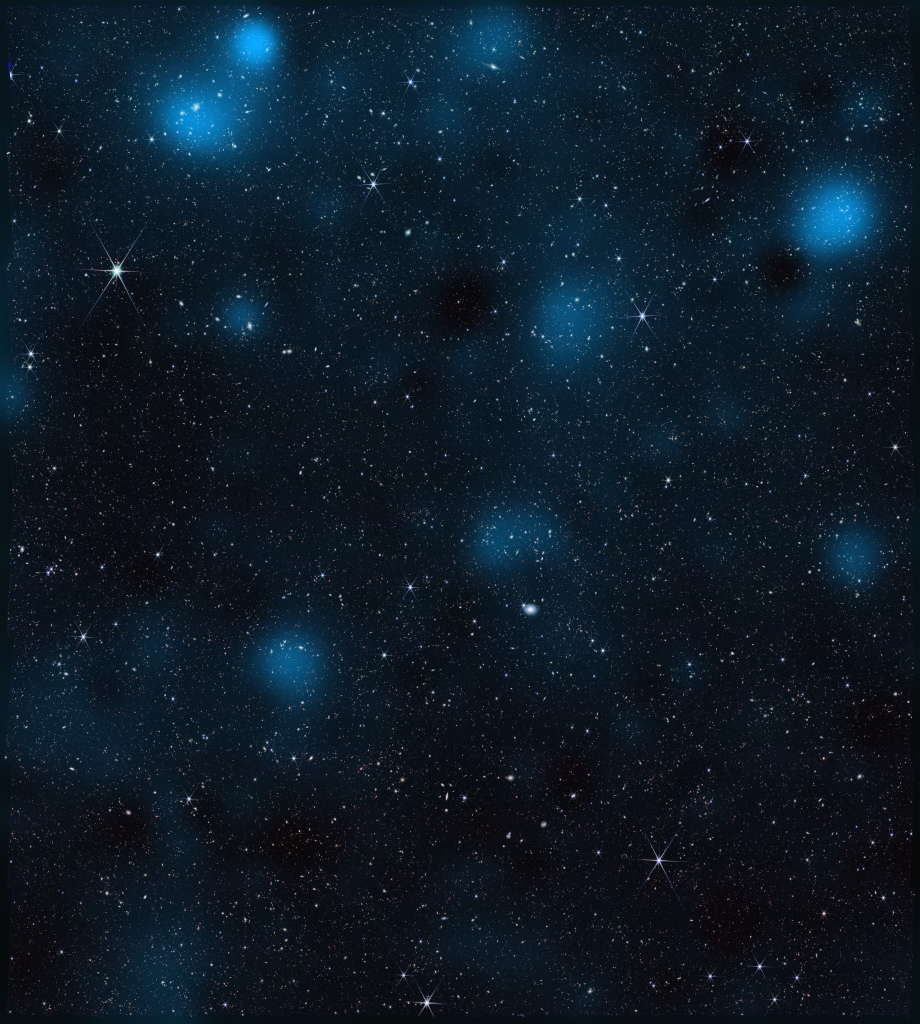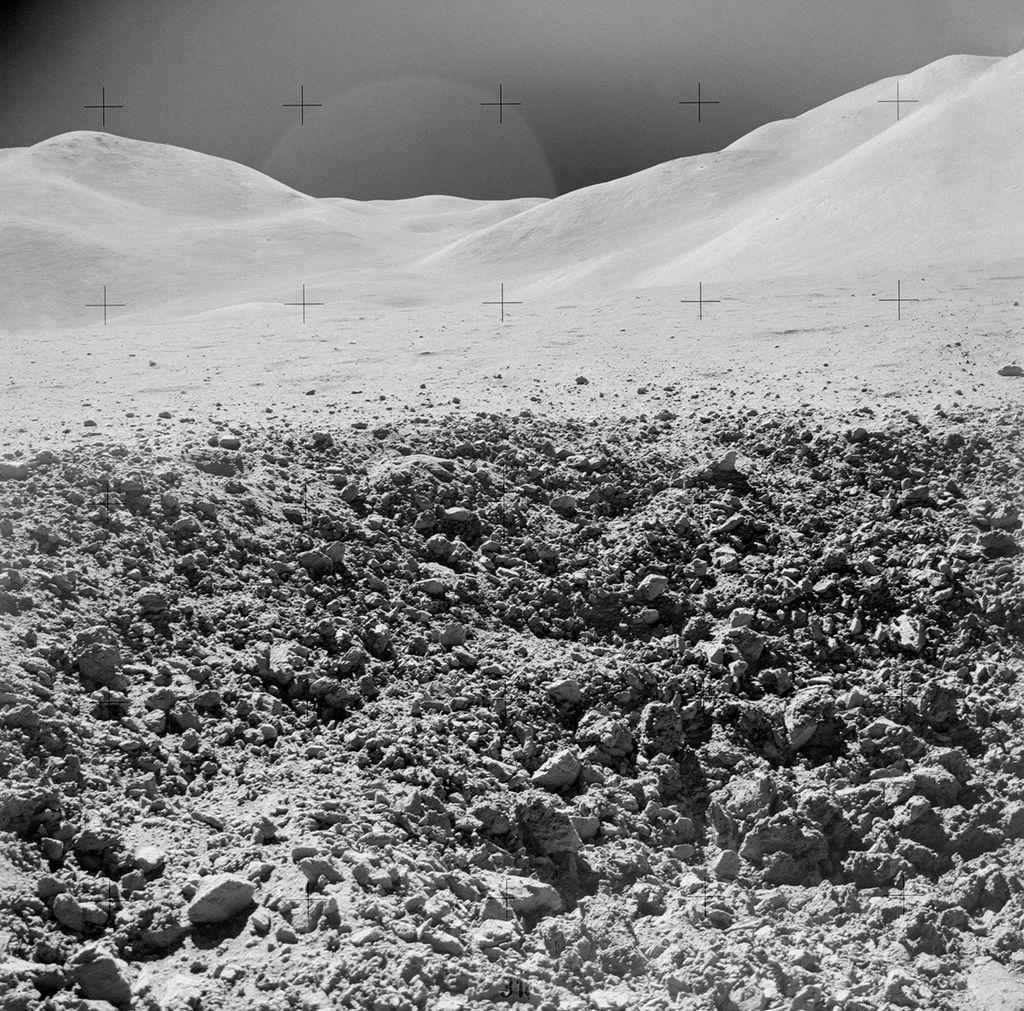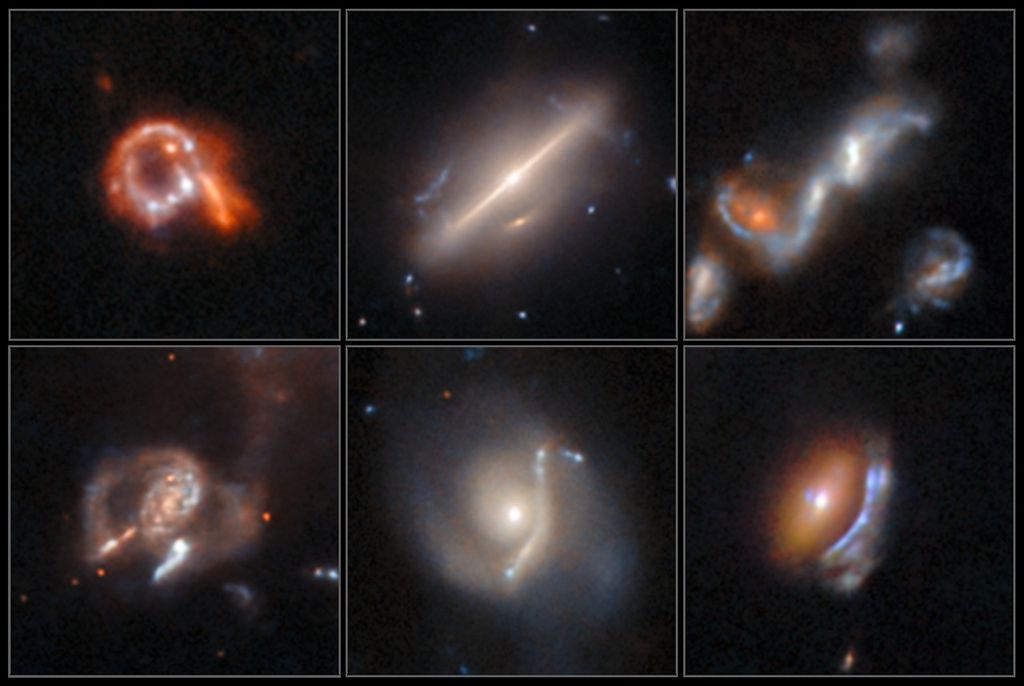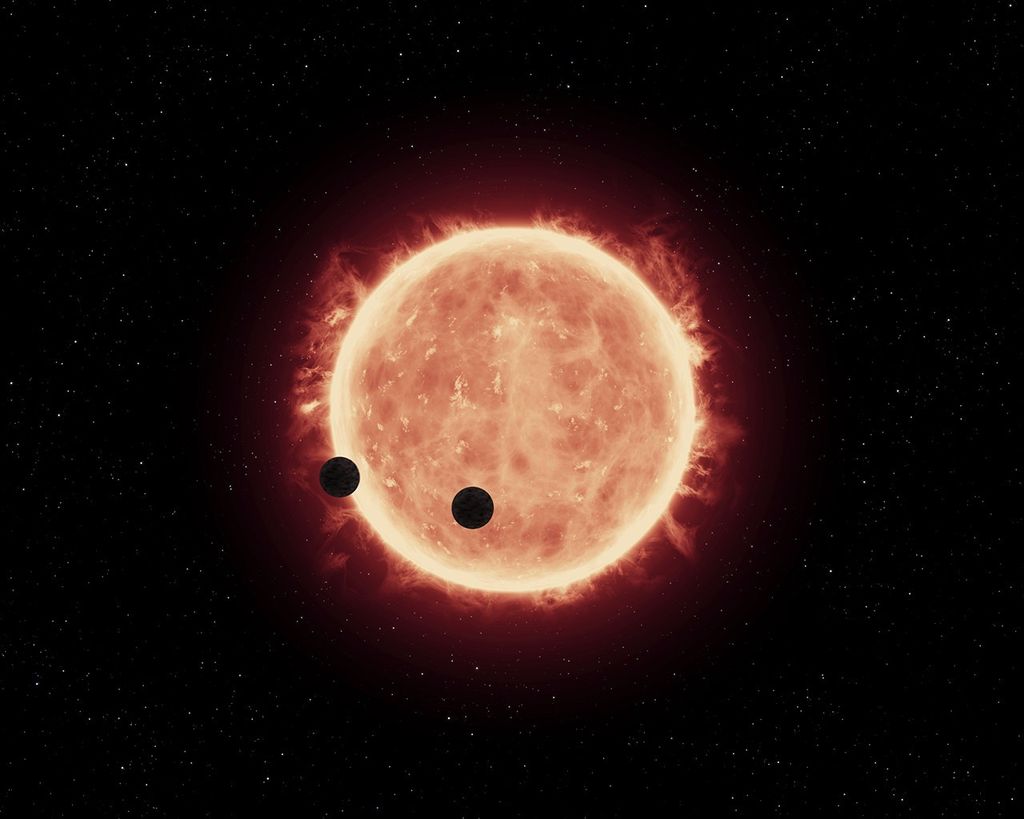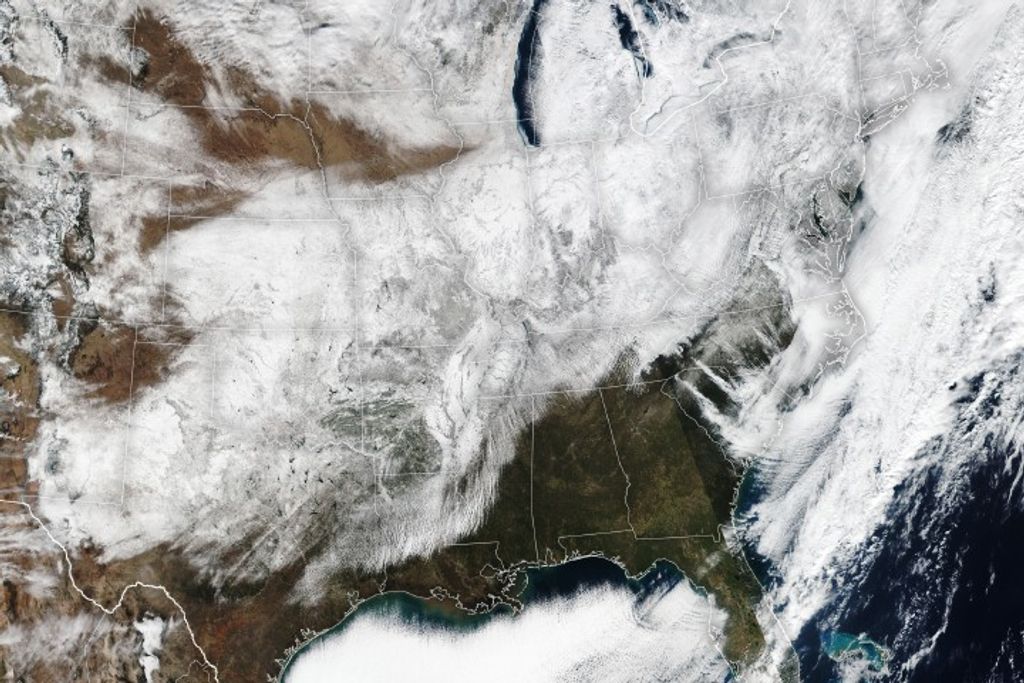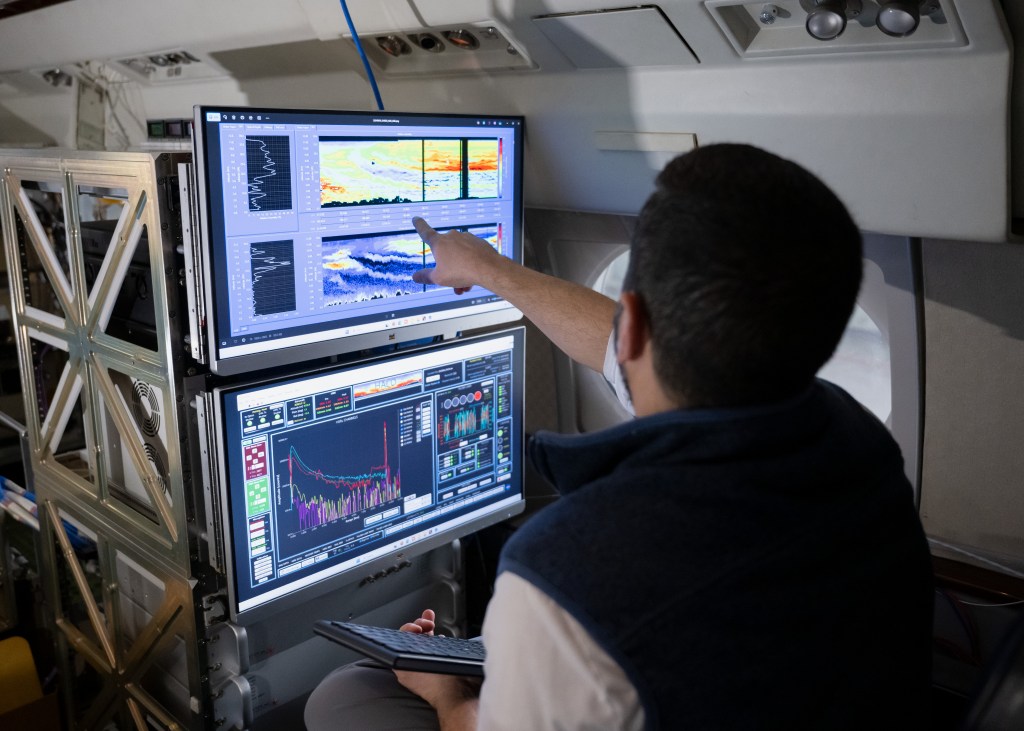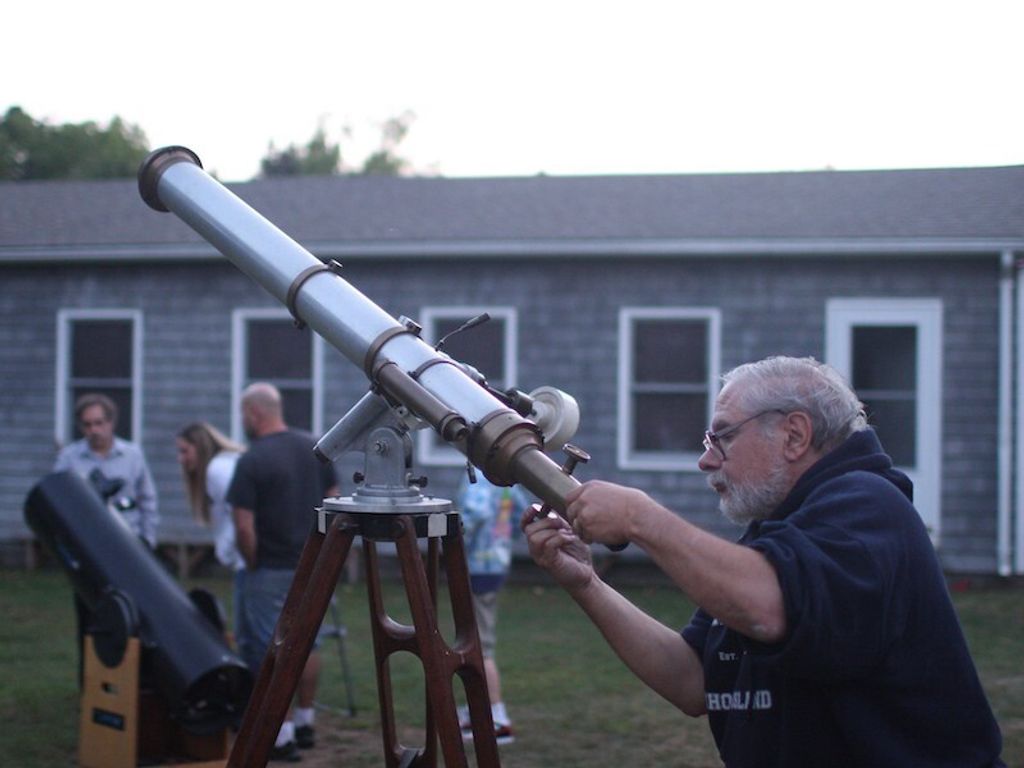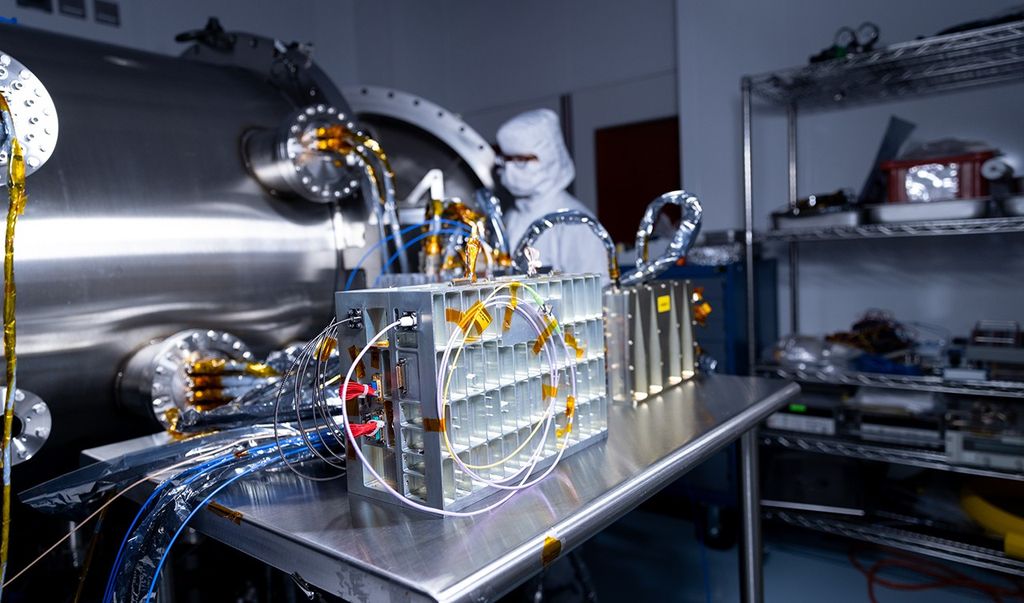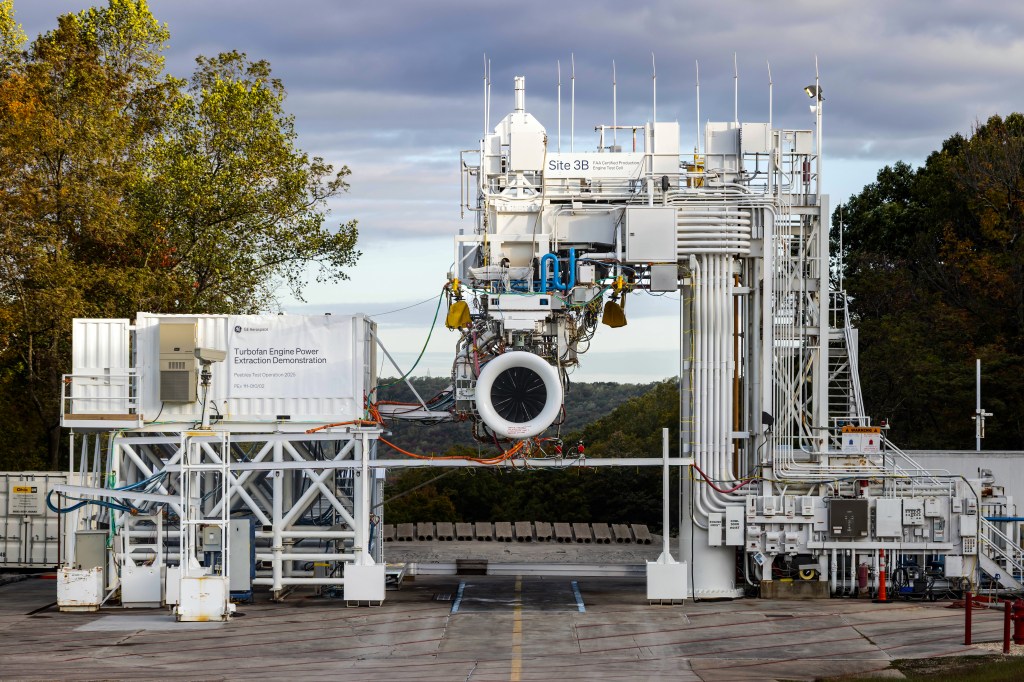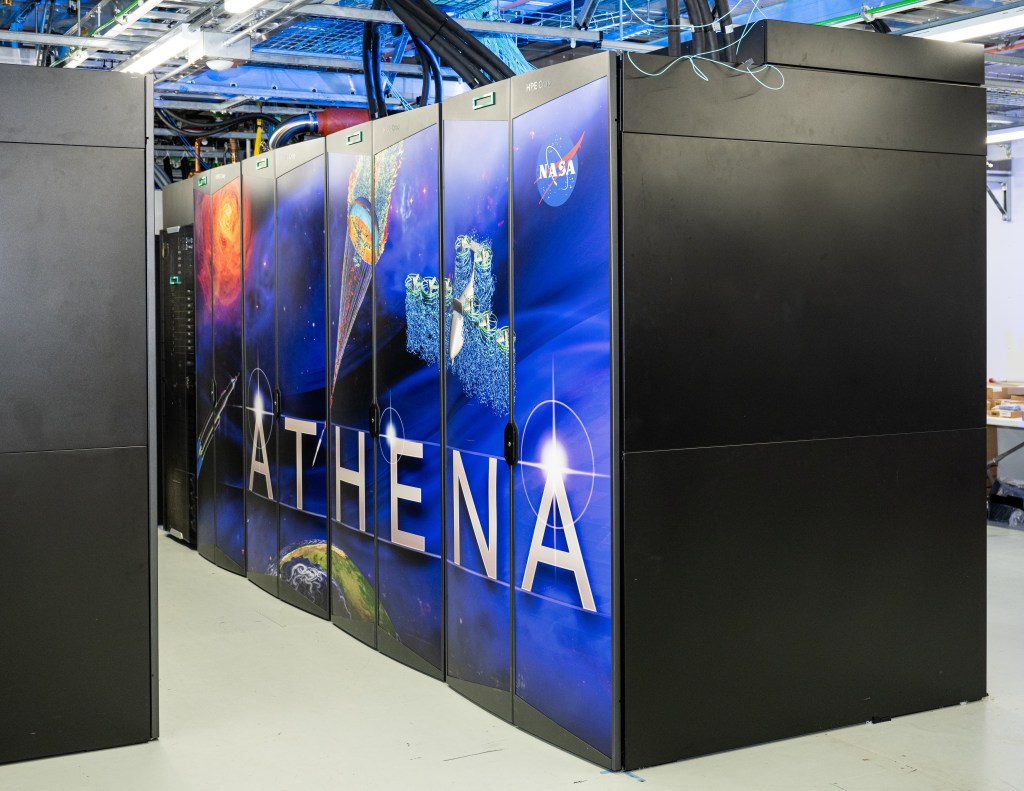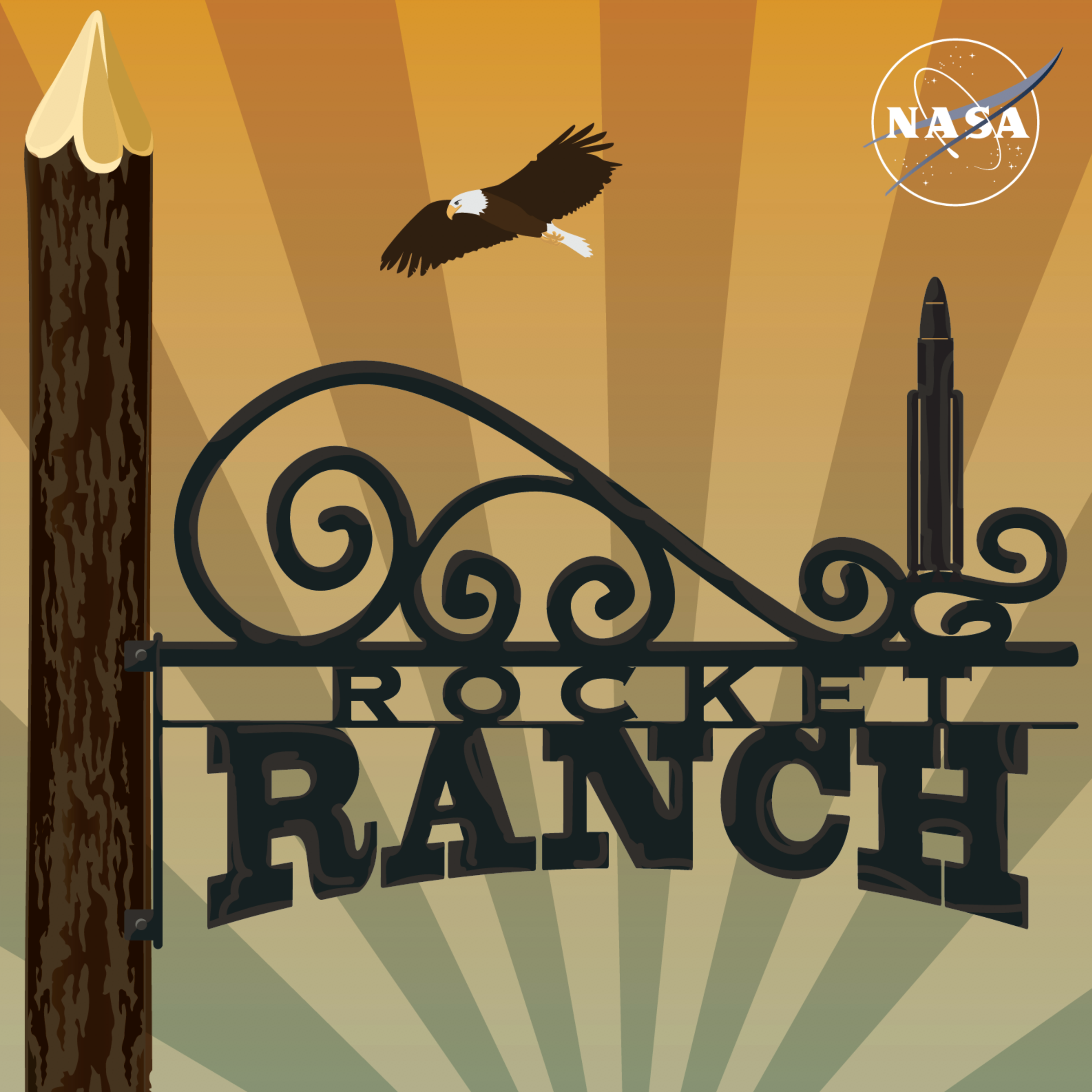
Omar Baez:
We’ve had people that have gotten sick.
Derrol Nail:
The NASA Kennedy Launch team has persevered through a global pandemic to get a Mars Rover named Perseverance to the launch pad on time.
Omar Baez:
But yeah, Perseverance, what a perfect name.
Derrol Nail:
The cloud of doubt the virus cast over the Mars mission and how NASA overcame it, next on the Rocket Ranch.
Launch Countdown Sequence:EGS program chief engineer. Verifying no constraints to launch. Three, two, one, and liftoff. Welcome to space.
Derrol Nail:
The Mars Rover, Perseverance came to the Kennedy Space Center from JPL in California in mid February, just before it was confirmed COVID-19 was starting to spread in the United States. NASA’s Launch Services Program, Senior Launch Director, Omar Baez is at the helm of a mission to launch the Perseverance to the red planet, and the current pandemic has made this already difficult and challenging task, that much more daunting. Omar took some time from his hectic schedule to share his team’s journey to launch Mars 2020.
Hi everyone. I’m Darrol Nail, your host for today’s Rocket Ranch, and we want to let the audience know first that due to the community spread of COVID-19 here in Florida, I’m here at my home and I’m speaking to Omar Baez of the Launch Services Program remotely. So it looks pretty spiffy there in your spot there, Omar, is that a NASA studio? Where are you?
Omar Baez:
Yes. So, this is not a NASA studio this is actually my dining room. I’ve put, some logos around, and yeah, this is not a professional environment but it’s much more comfortable than being in a stuffy studio somewhere with the lights on you.
Derrol Nail:
All right. Well, comfort is key. And of course we appreciate the conversion of your dining room to a makeshift studio. I want to ask you first, how excited were you when you saw that you’re going to be the launch manager in charge of sending the Perseverance rover on its way to Mars?
Omar Baez:
So I started seeing this mission come up on our manifest about five years ago. And the excitement with the Mars missions is always elevated, especially for me. I was able to get in on the Mars missions beginning with Sojourner back in the 96, 97 time period, follow it up with the Spirit and Opportunity mission, where I was Launch Director on those two, and also with Curiosity when it flew. So I’ve got a special relationship with Mars. My name’s a one letter off of that name, Mars, so I enjoy that. It’s a cool place to go, and, and I know it’s very hard to do it, and I have respect for everybody that’s ever tried to do it. We’ve had a lot of failures in getting to Mars and it’s not as easy as we make it look. And I’m looking forward to making this one a success too.
Derrol Nail:
And we are wishing you great success as well. Currently, Omar, the State of Florida is in the midst of dealing with the COVID-19 pandemic, as you know. Traditionally, it’s very important that your launch teams work very closely together, so when did you know that this could impact the Mars 2020 launch?
Omar Baez:
At first I was in denial that any of this was going to affect us. And then we happened to be working the Solar Orbiter Mission, which had a European contingent. And this was back in February when we launched that, and I saw that what the effects of the virus was doing to that team as they came back from Europe during their holiday time. And it was affecting their families and their travel. And Corona wasn’t a word we were using in the January, December, February time period. So, I didn’t know the extent at that time of what it would do us. And when I saw the country shutting down, I thought, for sure there is no way we’re going to be able to continue this. Because we’ve been through missions where we’re limited in people or we’re remote.
We’re in a furlough, so we’re down to minimal essential people. We did that through the Maven Mission. Tomorrow’s a couple of years ago, we worked through the furlough, we were able to get it done. But this was everybody. Everybody’s shut down. The airlines have shut down, restaurants, it was hard to imagine that we would be able to do Mars 2020 in this year. I was seriously thinking Mars would be Mars 2022.
Derrol Nail:
Wow. And that’s because we can only launch a mission to Mars in about a month long window, every two years when earth and Mars orbits are aligned on the same side of the sun. So what’d you do?
Omar Baez:
We worked to get an exception for Mars 2020, and what that meant is it was mission essential work only. And so we immediately went through plans on what that would look like, and I think we’ve read that plan 10 times in the last couple of months. So it’s been a learning experience as we go on. At first, you’re hearing about this virus, but it’s not really here. It’s in places like New York, or Washington, or Washington state, and it hadn’t hit Florida. It hadn’t hit Brevard County. And so there was things that we were doing that we were planning for. We had to make shifts. We couldn’t run a flight readiness review like I do in conditions where we don’t have pandemic, where we have a bunch of people show up, we gathered together in a big meeting room, we go over the presentation, we dry run the presentation beforehand with all the teams. I’m able to have small talk with the team to be able to adjust the presentation to what it needs to be for when we actually roll out that presentation in a launch readiness review.
And so the idea of using online tools such as Microsoft Teams or WebEx was just foreign to that environment for us. And we quickly came up to speed. The applications for online collaborating are okay, they’re not perfect, but we were able to use them and use them effectively and get all the work that we needed done accomplished. Now, can I say that I took the opportunity to train a bunch of new people? No, it had to be the essential folks.
There wasn’t a lot of bench strength. If some of the people, and this is going further on, we learned from other programs as to how they would staff their control rooms and so forth, and we took a lot from the DM2 Mission and their rehearsals as to how we apply that to our work in Hangar AE, or the way the review process or the reviews end up taking place.
And so putting that package together where I normally would have a team of folks that I could get in a room, we’d all decide how everything goes, where we put everything, we have to do all that virtually. It’s not the same. You lose some of it.
So I have to balance, is the material worthy of making it into a NASA flight readiness review? Are we going to inform our stakeholders the correct way, at the same time balancing it with not getting a team sick? And that’s a tremendous amount of pressure on me, but I have to have the data. I don’t want to get the team sick, and I don’t want anybody to get their family sick or any of that. So it’s a delicate balance, it’s based on the data that we have at that moment. We are exercising what we know we can with regards to mask, hand cleaning, spacing, et cetera.
Derrol Nail:
Well, it must’ve helped because the Rover made it to the launch pad in time. And now I’d like to ask you to reflect on the name of this Rover, even before the pandemic was spreading rapidly in the United States and also Florida, a seventh grader from Virginia gave it the name, Perseverance.
Omar Baez:
At first I was like, eh, when I first heard it, and then this thing struck and man, it’s been perfect. What a name. It’s wild that that’s the name that was picked because I don’t think you could pick a better matching description of what the team is doing. They have persevered through this. Nobody has given up, everybody’s fighting through it. We’ve had people that have gotten sick, and people are still wanting to come in and work. And they’ve got to go through the quarantines, they got to go through getting the testing done, and everybody wants to work through it. And that is the whole spectrum, I have not heard anyone say, we don’t want to go through with this. Yeah, I don’t want to be in a room with a hundred people, but yeah, I want to go get this mission done.
And I think the team, and it’s the broad team, it’s from public affairs to the range, ULA, our spacecraft customer and all the supporter organizations that feed us so that we’re able to do this job. And I think we have persevered through this. We will get this mission done. We will get it done through the pandemic. And hopefully when this thing does get to Mars and lands in February, we’ll be able to do it in an environment where everybody can be together without a mask and so forth. I hope that that is where we end up.
Derrol Nail:
And all of us here at NASA shared that same hope. Omar Baez, with NASA’s Launch Services Program, thank you very much for joining us.
Well, I’m Derrol Nail, and that is our show. And thanks for stopping by the Rocket Ranch, and special thanks to our guest, Omar Baez with Launch Services Program. Now to learn more about LSP, you could visit NASA.gov/launch services, and to learn more about everything going on at the Kennedy Space Center, go to NASA.gov/Kennedy. You can check out NASA’s other podcasts to learn more about what’s happening in all of our centers. Just go to NASA.gov/podcast. A special shout out to our producer, John Sackman, our soundman, Loren Mathre, editor, Mike Chambers, and a special thanks to Mary MacLaughlin and Kenna Pell. And remember on the Rocket Ranch, you’ve got to keep looking up.

